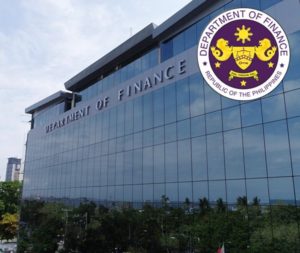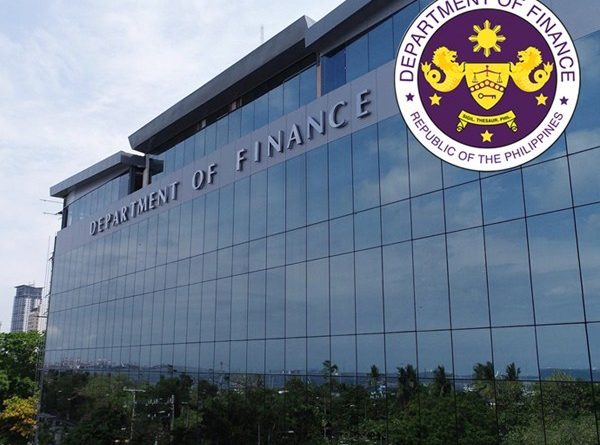New mining tax regime not happening this year
By Madelaine B. Miraflor
The government’s desire to get higher share from mining operations will not yet happen within this year, but House of Representatives is already planning to resume next month the discussion regarding the passage of a new mining tax.
Finance Assistant Secretary Maria Teresa S. Habitan said the Department of Finance (DOF), the government agency that has been pushing for a new fiscal regime on mining, has remained hopeful that a new mining tax will soon be passed, but doesn’t necessarily see it happening within the year.
 With less than three months left for this year and “given the tightness of the schedule in the Senate,” Habitan said this is something that may actually be discussed next year.
With less than three months left for this year and “given the tightness of the schedule in the Senate,” Habitan said this is something that may actually be discussed next year.
For his part, Albay Representative Joey Salceda said in a text message that there will be a congressional hearing on the recently filed House Bill (HB) 5022, or an act establishing a new fiscal regime for the mining industry, during the first week of November.
Authored by Salceda, chair of the House ways and means committee, HB 5022 proposes the imposition of royalty on mining operations within and outside mineral reservation areas.
For large-scale metallic mining operations outside mineral reservations, companies should pay the government a margin-based royalty of up to 5 percent, while those within mineral reservation areas should pay 3 percent royalty tax.
Small-scale mining operations shall be exempt from the payment of royalty.
Habitan said the DOF is now studying HB 5022 and is closely monitoring when it will be taken up in Congress.
“[HB 5022] is a mixture of DOF-industry proposal with a Salceda twist,” Habitan said. “But the royalty provisions are similar to the industry’s proposal.”
Though Habitan didn’t say that DOF opposes HB 5022, she said that what the DOF would have wanted is a mining tax regime “that is simple to administer.”
“So, we really have to look at it,” she further said.
Like what Habitan said, HB 5022 is quite similar to the amended HB 8400, which the House of Representatives already passed on third and final reading in November last year.
HB 8400, which also proposed a margin-based royalty on miners operating outside mineral reservation areas, is a “happy compromise” to the mining industry, according to Chamber of Mines of the Philippines (COMP) Executive Director Ronald Recidoro said.
The original HB 8400, which adopted the proposal of the DOF, imposes a 5 percent royalty on all mining companies. It doesn’t matter whether they are in and out of mineral reservations areas.
Unfortunately, in the Senate, no corresponding bill was adopted before the end of the 17th Congress.
“There simply was not enough time. We are now into the 18th Congress and we must face this all over again,” COMP Chairman Gerard Brimo said a few weeks ago.
In January, the Senate Committee on Ways and Means conducted a hearing on the proposed legislative measures on Fiscal Regime and Revenue Sharing Arrangement for the Mining Industry.
Among those deliberated in the said hearing were HB 8400 and Senate Bill (SB) 225, 927, and 1979.
SB 225 and 927 both propose a fiscal regime and revenue sharing arrangement between the government and the mining companies wherein the latter’s share shall be 10 percent of the operation’s gross revenue or 55 percent of the Adjusted Net Mining Revenue (ANMR), whichever is higher.
Habitan said the DOF hasn’t got a word from the senate yet when they will tackle the corresponding bill on a new mining tax.
Rocky Dimaculangan, vice president for corporate communications at COMP, said the mining industry is also monitoring the new tax proposals but “there has not been any action so far.”
COMP, an organization of some of the country’s largest mining operations, is also studying the bill filed by Salceda.
“We need to have the moratorium on new mining projects and the ban on open pit mining lifted ASAP [as soon as possible],” Dimaculangan said.
To recall, a new fiscal regime is needed before the government can lift the ban on new mining projects, which was put in place during the Aquino administration.
Under Executive Order 79, no new mineral agreements should be approved “until a legislation rationalizing existing revenue sharing schemes and mechanisms shall have taken effect.”
Source: Arangkada Philippines


